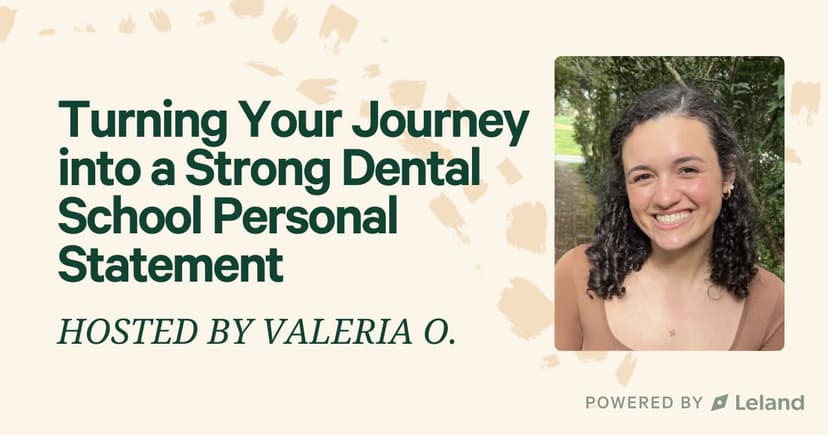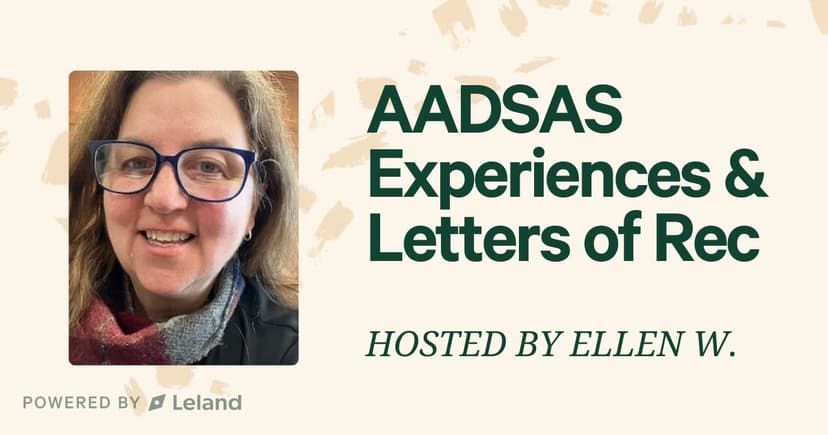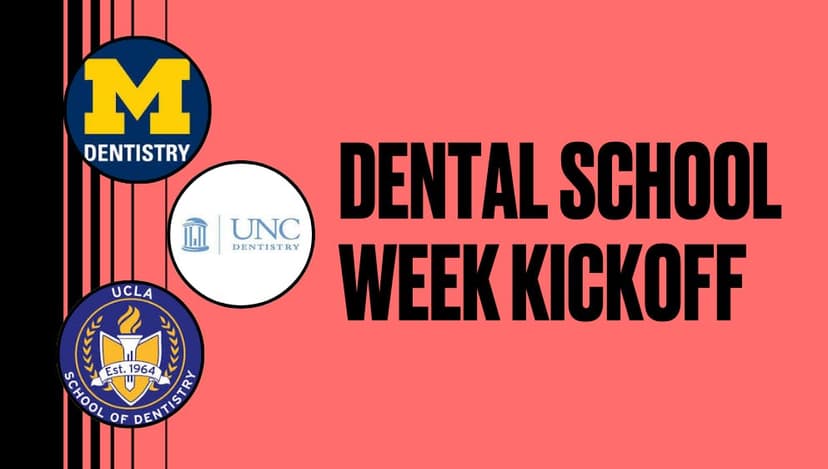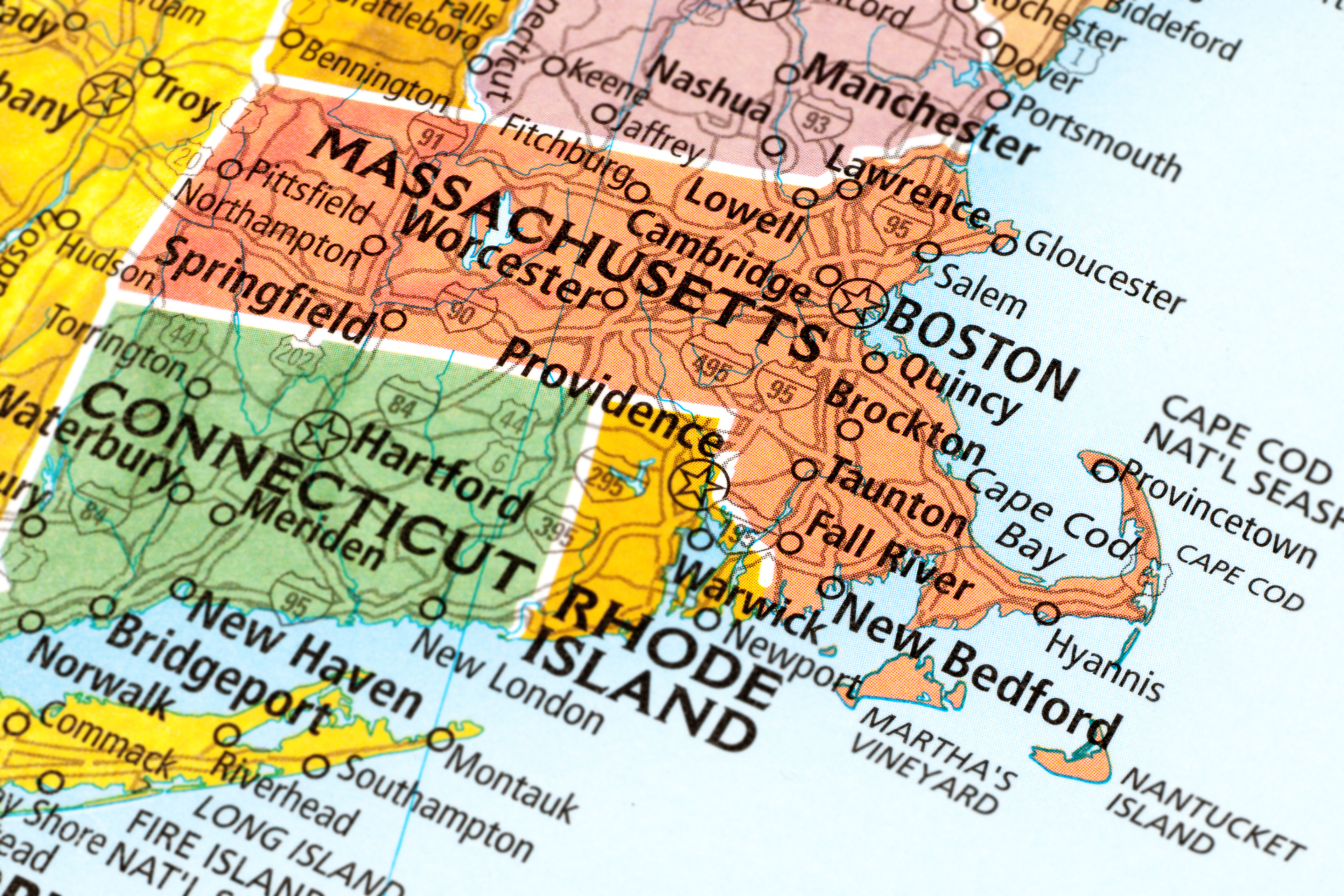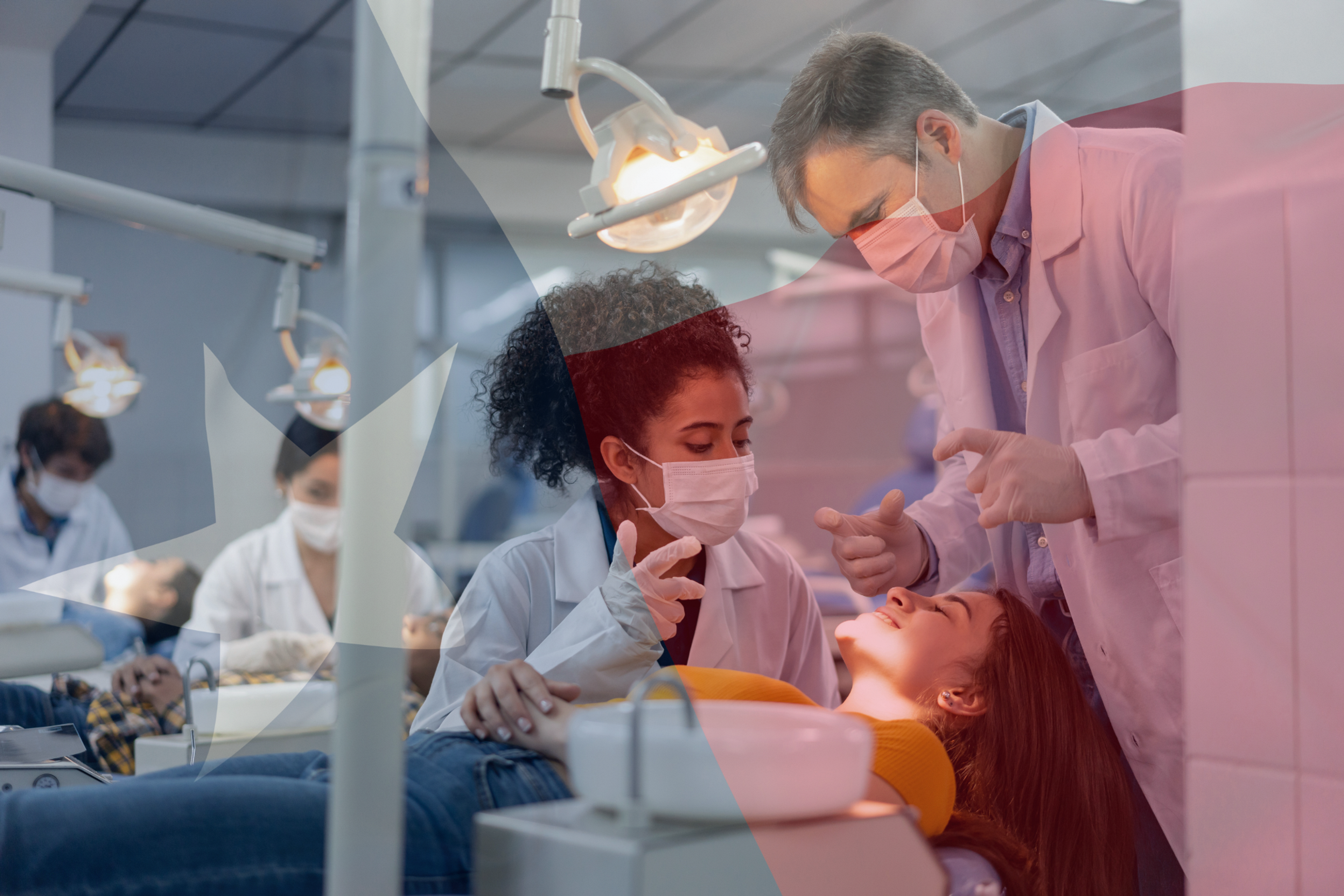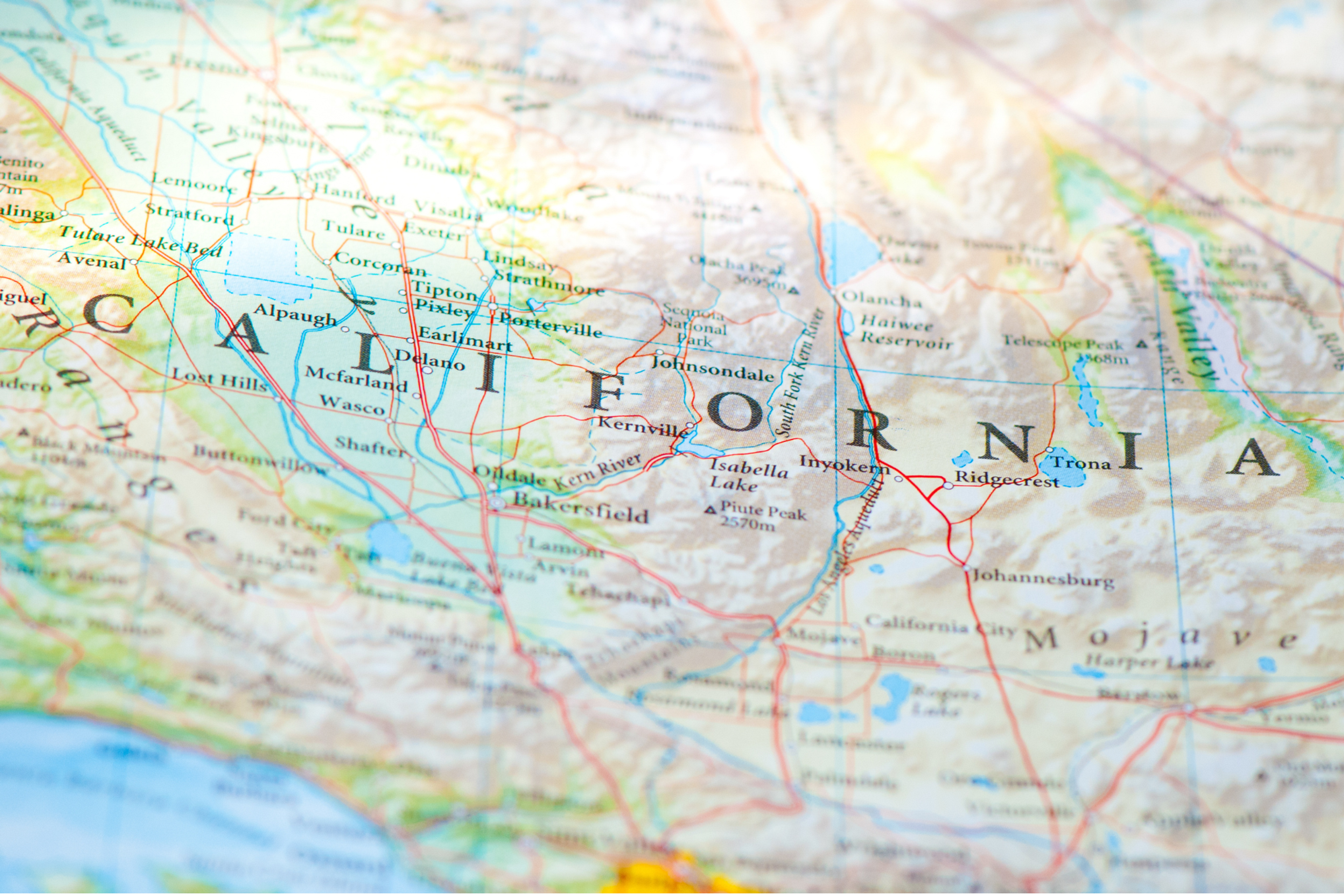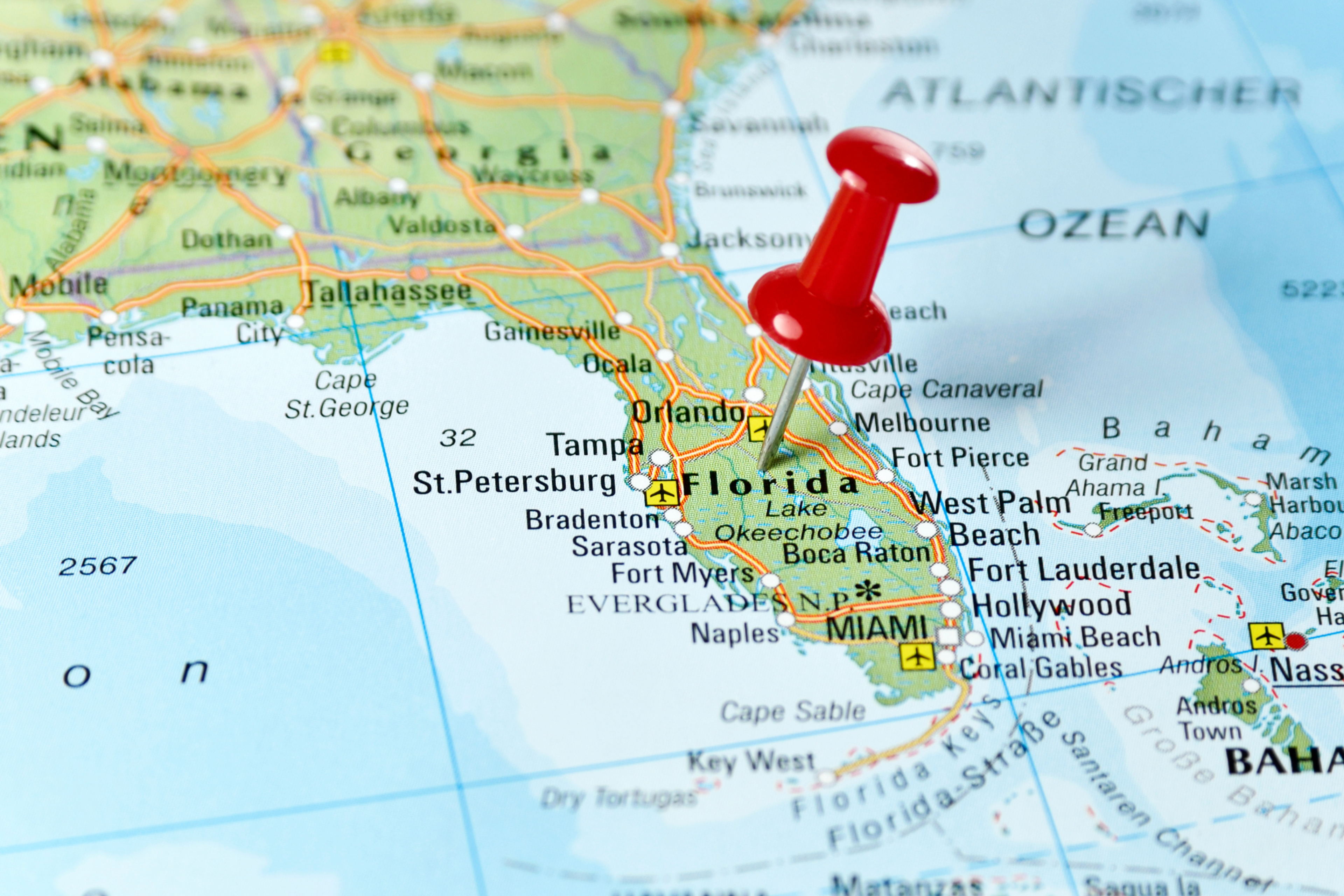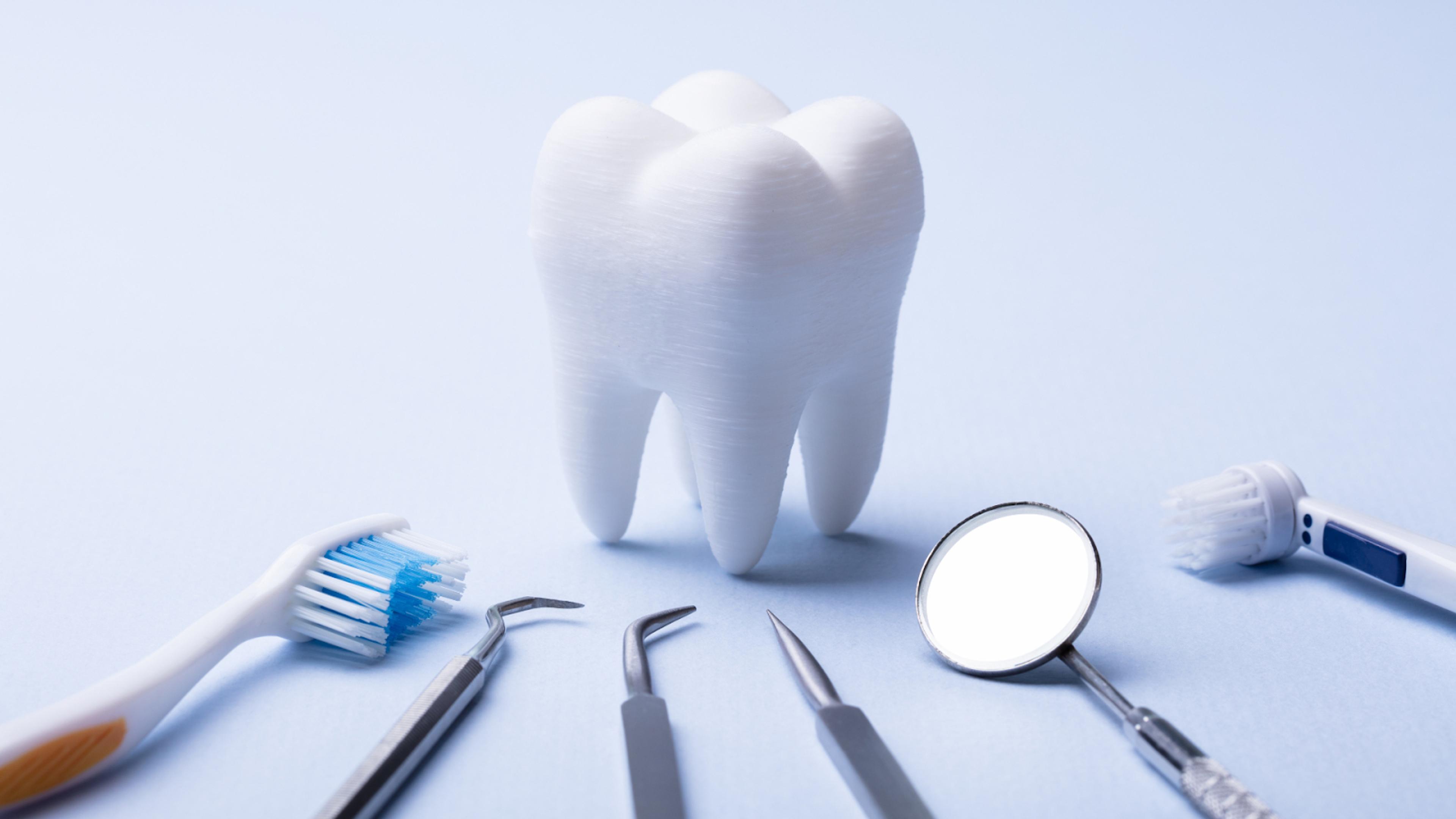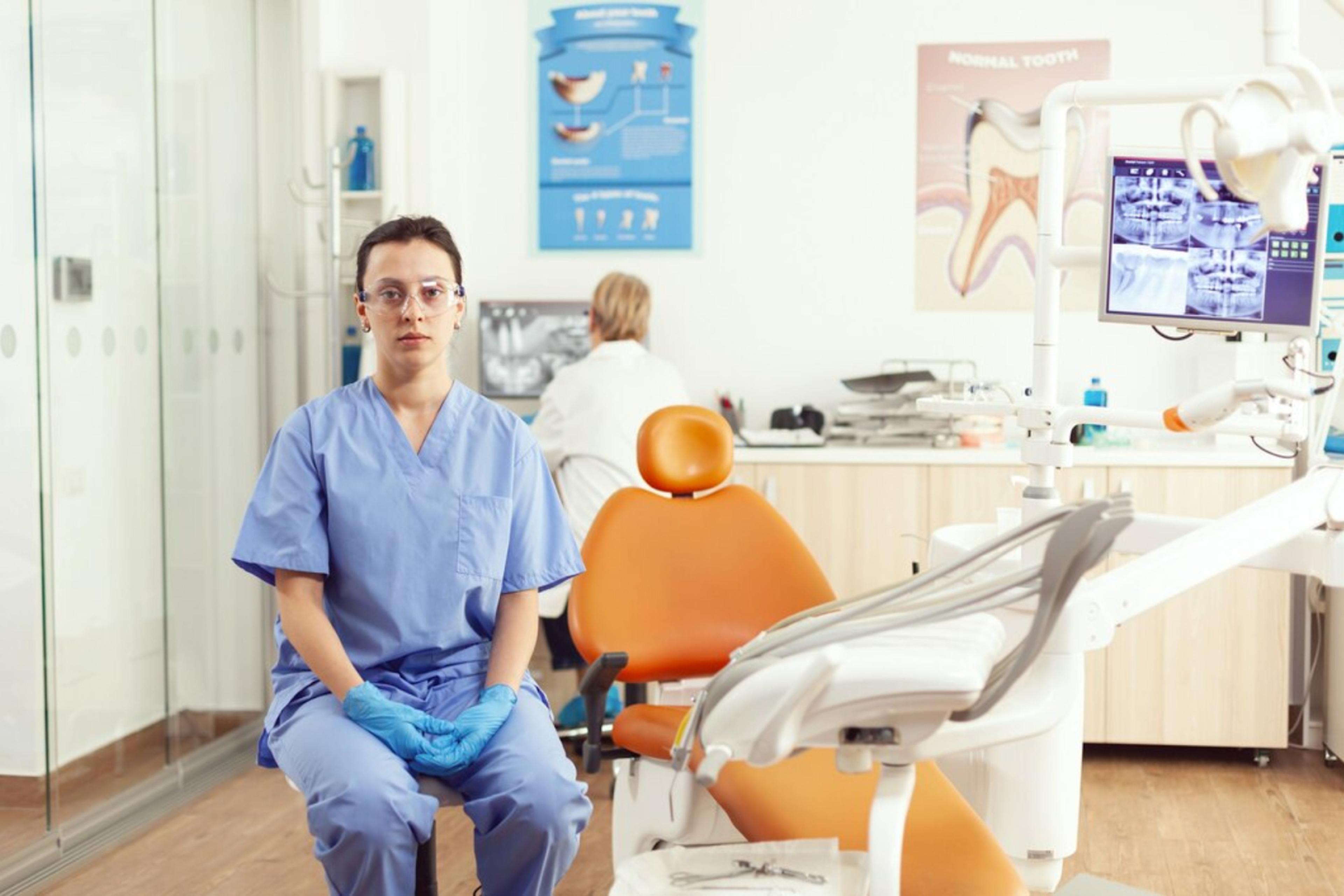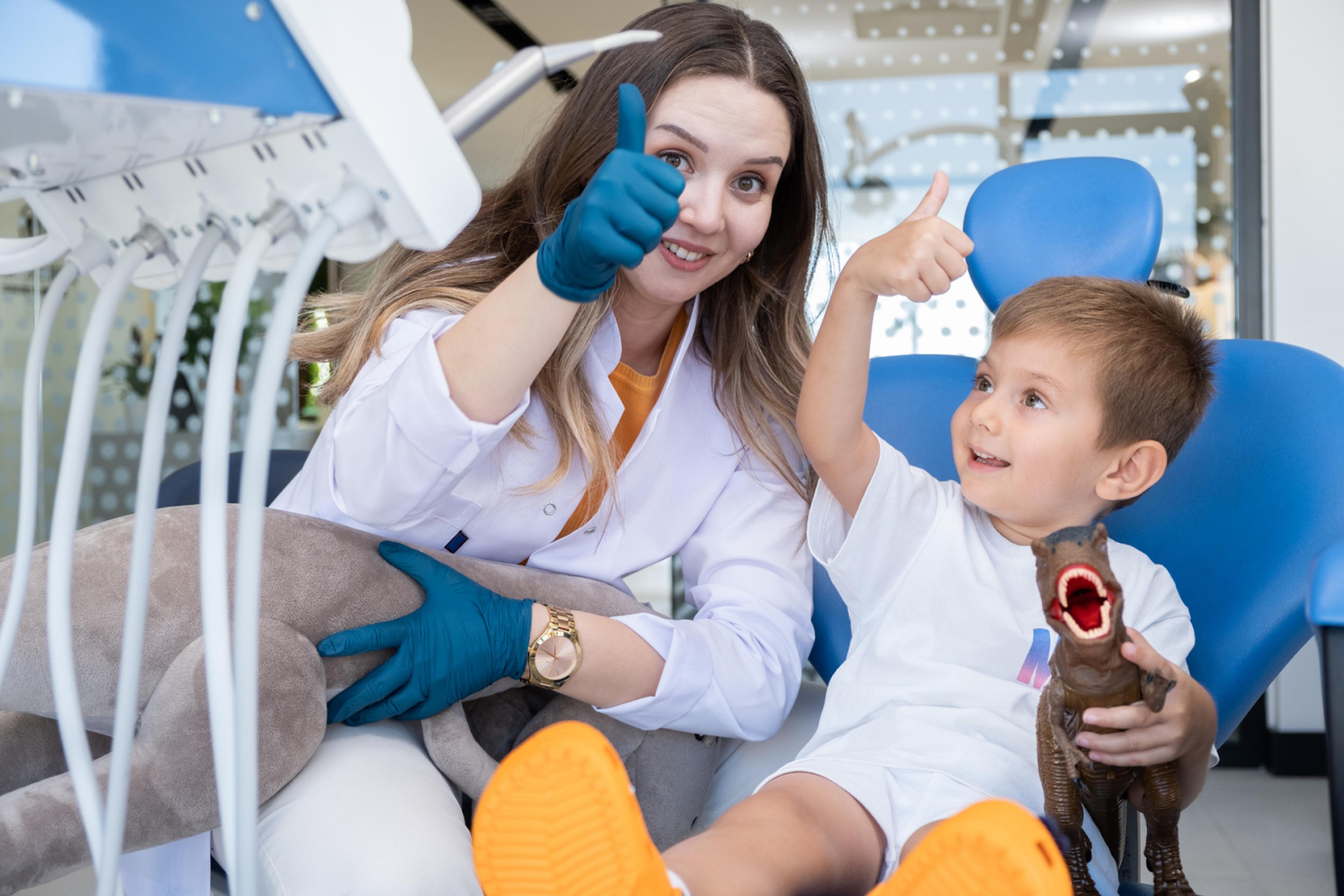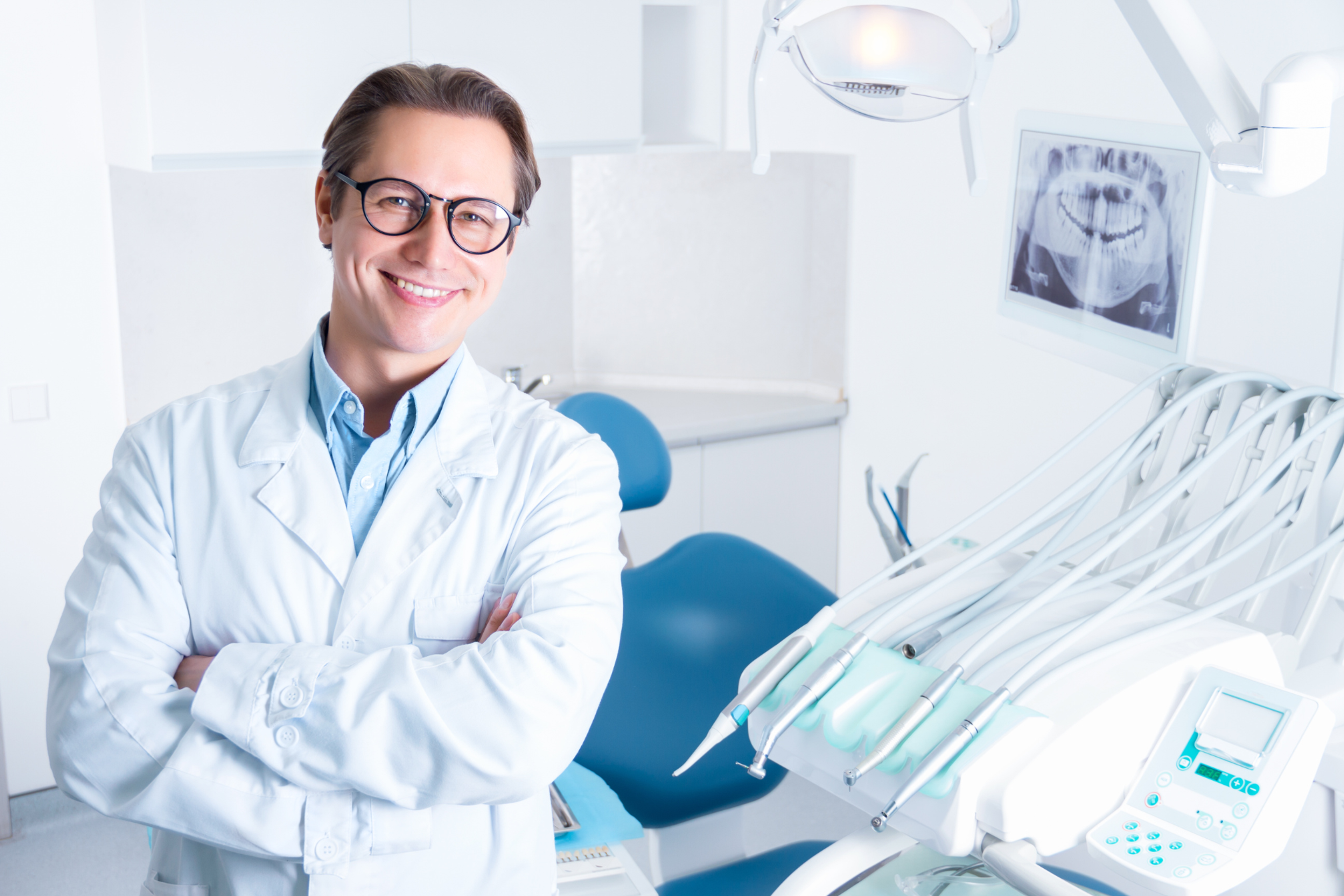Comprehensive List of Accelerated Dental Hygiene Programs
Discover an extensive guide to accelerated dental hygiene programs, including detailed information on requirements and curriculum.
Posted July 8, 2025
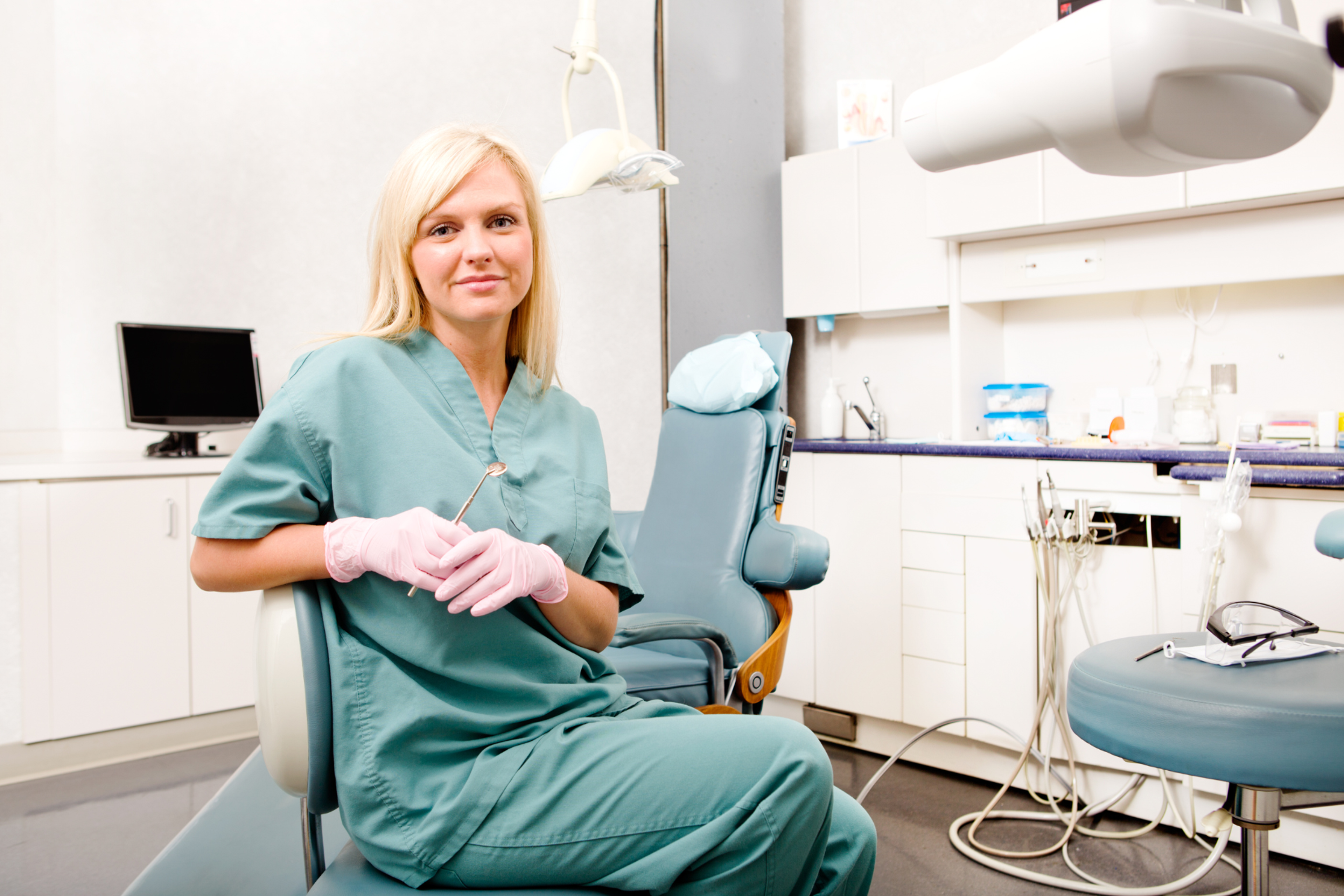
Join a free event
Learn from top coaches and industry experts in live, interactive sessions you can join for free.
Table of Contents
Accelerated Dental Hygiene Programs are becoming increasingly popular among aspiring dental hygienists who are looking to enter the profession quickly. These programs offer an accelerated curriculum that allows students to complete their dental hygiene education in a shorter period of time compared to traditional programs. In this comprehensive list, we will explore the various aspects of these programs, including their benefits, potential challenges, key components, geographic distribution, and financing options.
How Important are the Accelerated Dental Hygiene Programs?
Accelerated Dental Hygiene Programs
Accelerated Dental Hygiene Programs are designed for individuals who already hold a bachelor's degree in a related field or have completed certain prerequisite courses. These programs compress the traditional dental hygiene curriculum into a shorter time frame, allowing students to graduate and pursue a career in dental hygiene at an accelerated pace.
These programs are specifically tailored for individuals who are looking to transition into the field of dental hygiene quickly. By condensing the curriculum, students can gain the necessary skills and knowledge in a shorter period of time, enabling them to enter the workforce sooner. This is particularly beneficial for those who are looking to make a career change or have already completed general education requirements.
Accelerated Dental Hygiene Programs offer a comprehensive curriculum that covers a wide range of topics, including dental anatomy, oral pathology, radiology, and preventive dentistry. Students will also receive hands-on training in dental clinics, allowing them to apply their knowledge and develop practical skills under the guidance of experienced dental professionals.
Benefits of Accelerated Dental Hygiene Programs
One of the key benefits of accelerated programs is that they offer a fast track to a rewarding career. Students who have already completed general education requirements or hold a bachelor's degree can save time and money by entering an accelerated program. By completing the program in a shorter time frame, students can start working as dental hygienists and earning a salary sooner, allowing them to reap the financial benefits of their education.
Accelerated programs provide focused and intensive training, preparing students to quickly enter the workforce and make a positive impact in the field of dental hygiene. The condensed curriculum ensures that students receive a comprehensive education in a shorter period of time, without compromising the quality of their training. This allows graduates to confidently apply their skills and knowledge in a professional setting, providing high-quality dental care to patients.
Another advantage of accelerated programs is the opportunity for career advancement. With a dental hygiene degree obtained through an accelerated program, individuals can pursue various career paths within the dental field. They may choose to work in private dental practices, public health clinics, or even pursue further education to become dental educators or researchers.
Potential Challenges of Accelerated Programs
While accelerated programs offer many advantages, they also come with their share of challenges. The condensed nature of the curriculum means that students need to be highly motivated, organized, and dedicated to succeed. The fast-paced coursework can be demanding and requires a significant commitment of time and energy.
Additionally, the rigorous nature of these programs may not be suitable for everyone, particularly those who prefer a more leisurely pace of learning. The accelerated timeline can be overwhelming for individuals who thrive in a slower, more relaxed academic environment. It is important for prospective students to carefully consider their personal learning style and ability to handle the intensity of an accelerated program before making a decision.
Despite these challenges, many students find that the benefits of accelerated dental hygiene programs outweigh the difficulties. With proper time management and dedication, students can successfully complete the program and embark on a fulfilling career in dental hygiene.
Key Components of Accelerated Dental Hygiene Programs
Curriculum Overview
The curriculum of accelerated dental hygiene programs covers essential concepts and skills needed for a successful career in dental hygiene. Students study subjects such as dental anatomy, radiology, preventive dentistry, periodontology, and dental materials. The curriculum also includes hands-on clinical experience, where students gain practical skills under the supervision of experienced dental professionals.
Admission Requirements
Admission requirements for accelerated dental hygiene programs may vary from one institution to another. However, common prerequisites include a bachelor's degree or completion of specific courses in areas such as biology, chemistry, and anatomy. Some programs may also require prospective students to take the Dental Admissions Test (DAT) or the Test of Essential Academic Skills (TEAS).
Duration and Schedule
Accelerated dental hygiene programs typically take anywhere from 12 to 24 months to complete, depending on the specific program and its structure. The condensed schedule often involves full-time coursework and clinical training, which may require students to dedicate a significant amount of time to their studies each week. It's essential for prospective students to carefully consider their time commitments and personal responsibilities before enrolling in an accelerated program.
Read: How to Get Into Dental School: Essential Tips and Guidelines
Geographic Distribution of Accelerated Dental Hygiene Programs
Programs in the Northeast
The Northeast region of the United States is home to a variety of accelerated dental hygiene programs. Institutions such as the NYU College of Dentistry, Massachusetts College of Pharmacy and Health Sciences, and University of New Haven offer accelerated programs that cater to students in this area. Prospective students interested in pursuing dental hygiene in the Northeast have several options to choose from.
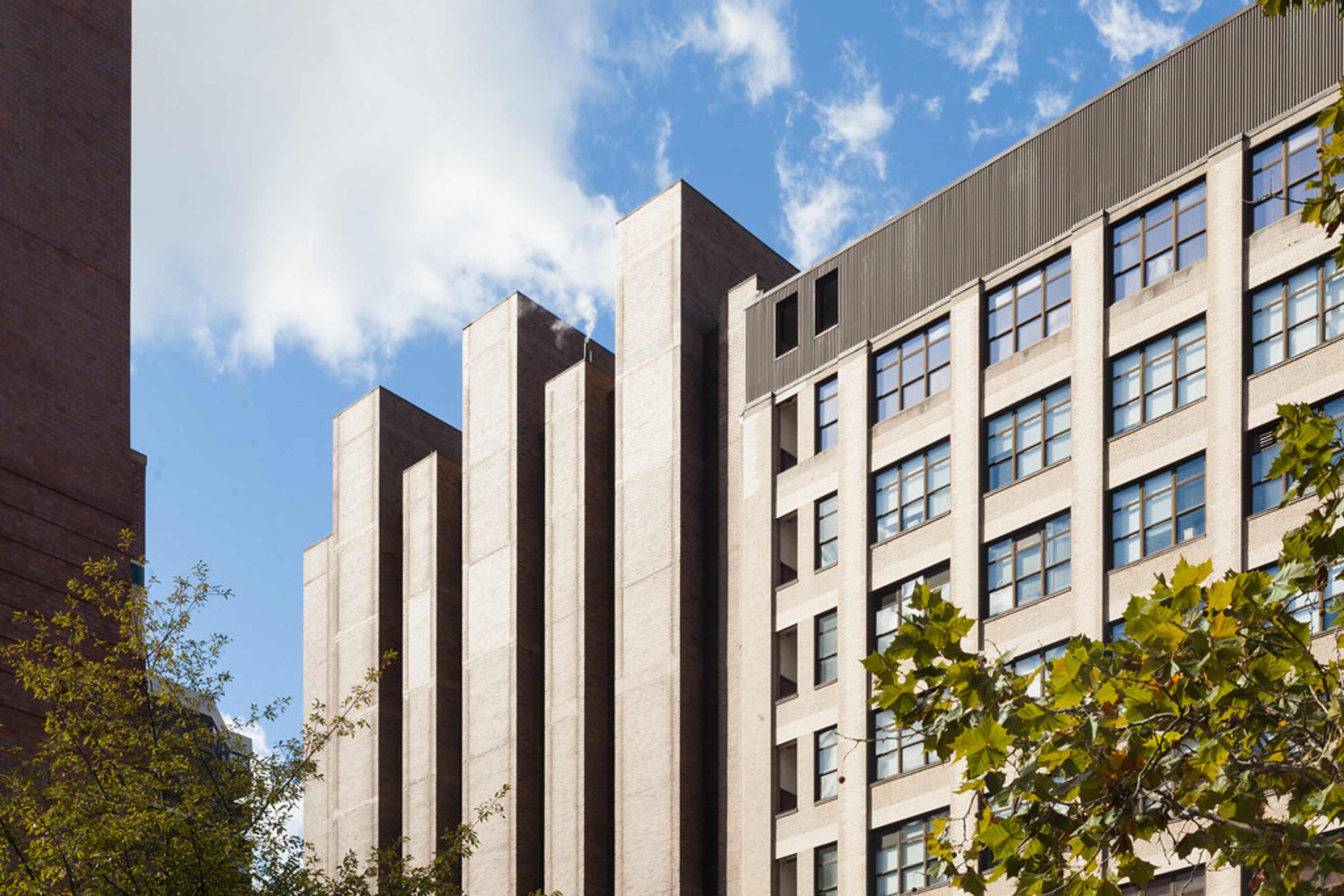
NYU College of Dentistry
- Program:
- Location: New York, New York
- Acceptance Rate: 11%
- Application requirements:
- Completed application
- Letters of recommendation (2)
- Official transcript
- Personal statement (500-word minimum)
- Tuition: $30,219 (summer 2024)
NYU Dentistry offers two accelerated degree options within its dental hygiene program. The AAS Advanced Standing program is tailored for dentists with international dental degrees who aim to transition into dental hygiene careers, allowing them to earn an Associate of Applied Science (AAS) degree in just 12 months. Additionally, NYU Dentistry provides a 17-month AAS "Fast Track" program, the first of its kind in New York State. This continuous, accelerated program is designed for highly motivated students, offering the same innovative and high-quality education as the traditional two-to-three year course but in a more concentrated format. The Fast-Track program starts in January and runs continuously through the following May, including summer courses.
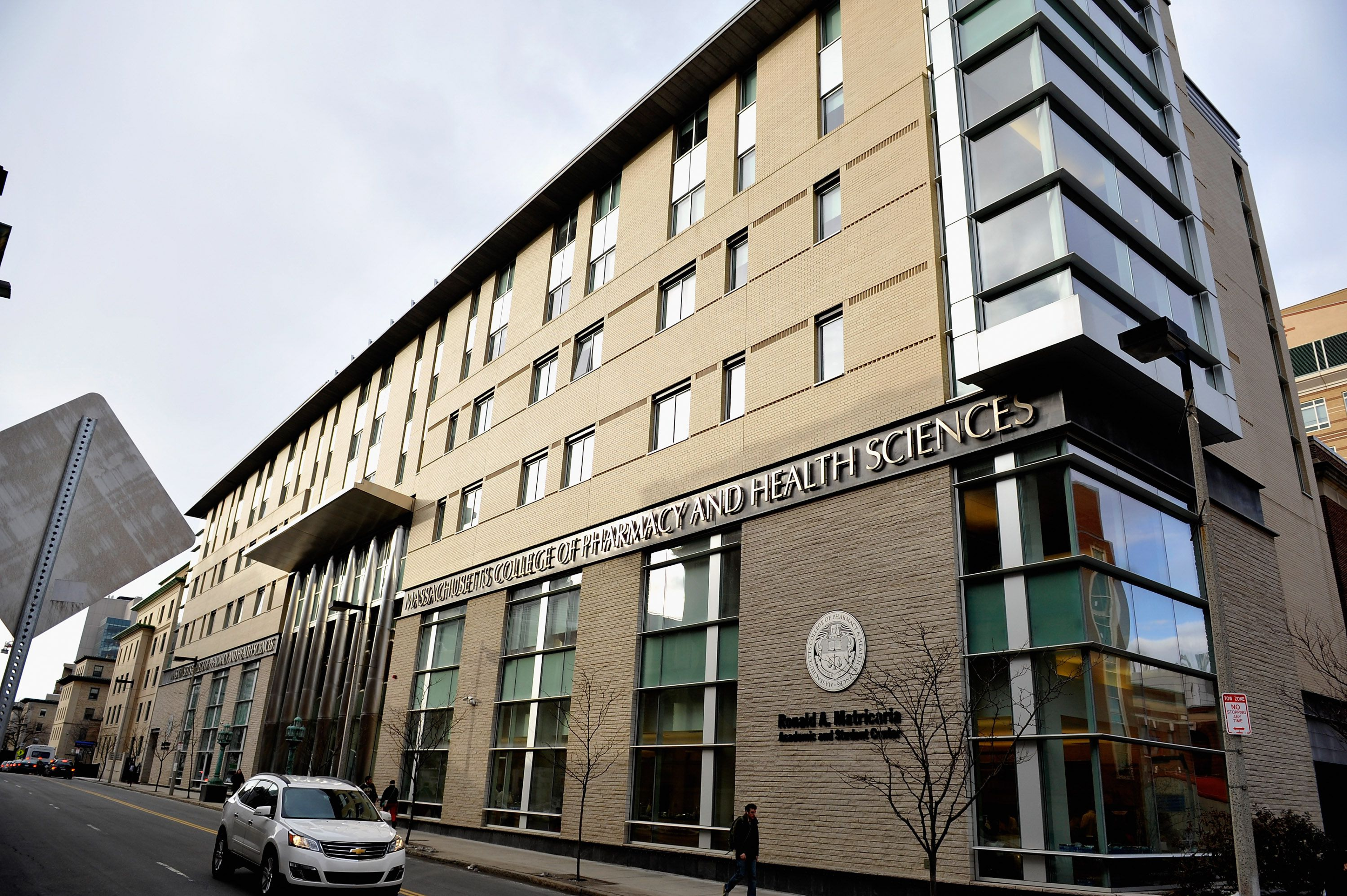
Massachusetts College of Pharmacy and Health Sciences
- Program: Bachelor of Science in Dental Hygiene—Accelerated (BS)
- Location: Boston, Massachusetts
- Acceptance Rate: 88%
- Application Deadline: November 1
- Application Requirements:
- Completed application
- Letters of recommendation (it is required to submit one letter of recommendation from a guidance counselor or math/science teacher).
- Official transcript
- Test Scores
- English Proficiency
- Essay
- Tuition and Fees: $56,820/academic year
The Massachusetts College of Pharmacy and Health Sciences offers a 33-month Bachelor of Science in Dental Hygiene—Accelerated (BS) program. Students will work alongside professional experts in the renowned on-campus clinic and external community sites. Upon completion, students will hold the preferred degree in the field and be eligible for national and regional licensure exams.
During your 33-month journey, you will learn to assess patients’ risks for disease and prescribe long-term oral healthcare goals while gaining a broad, science-based perspective on dental hygiene research and practice. In the first year, you'll study anatomy, physiology, and the impact of nutrition on oral health, explore basic chemistry, microbiology, mathematics, and statistics, learn the essentials of psychology, expository writing, and communication, and delve into patient and healthcare communities through the study of American culture, public life, and human psychology.
University of New Haven (CT)
- Program:
- Location: West Haven, Connecticut
- Acceptance Rate: 91%
- Application Requirements:
- Online application
- $50 non-refundable fee
- Official Transcripts (an explanation of your university grading system must be provided along with your transcripts)
- Proof of bachelor’s degree completion
- Two letters of recommendation from your professors or employers
- Resume
- Statement of Purpose
- GRE and/or GMAT test scores (for some particular majors)
- Tuition and Fees: $19,656
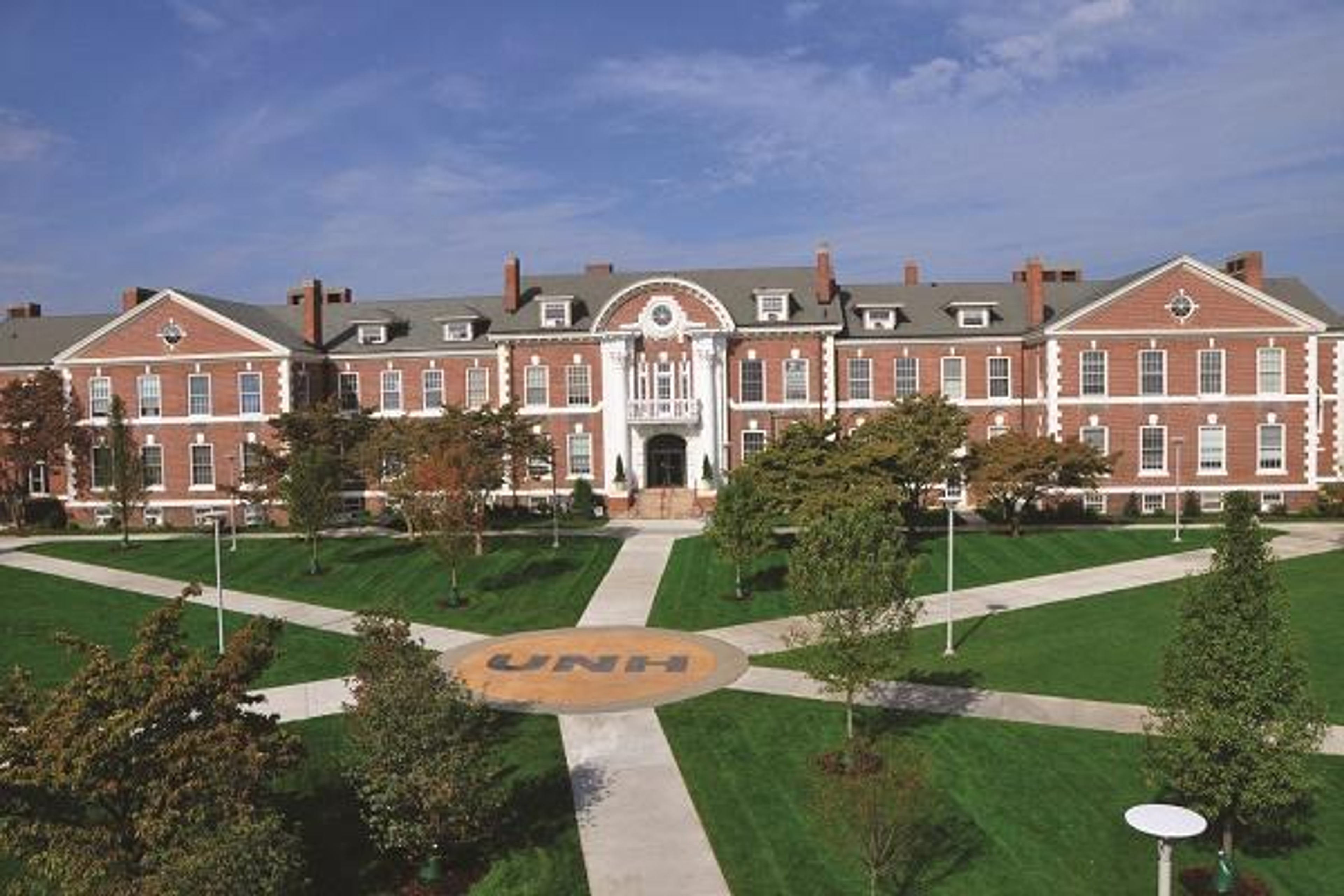
The University of New Haven (CT) offers innovative accelerated programs combining a B.S. in Dental Hygiene with either a Master of Public Health (Accelerated 3+1 or Direct Entry 4+1) or a Master of Healthcare Administration (Accelerated 3+1 or Direct Entry 4+1).
For the B.S. in Dental Hygiene/Master of Public Health program, students will not only provide individual dental care but also make a significant impact on community health by encouraging good oral hygiene practices, which are crucial for overall health and well-being.
The B.S. in Dental Hygiene/Master of Healthcare Administration program equips students with the skills to merge dental hygiene with business administration, preparing them for leadership roles in dental clinics, oral health product companies, or related practices. Graduates will be prepared to oversee strategic directions and advocate for the importance of dental care within broader treatment plans, with opportunities in teaching and education.
The University of New Haven's B.S. in Dental Hygiene program is among the finest in the United States, emphasizing the critical role of dental hygienists in maintaining patients' overall health. Students will gain comprehensive classroom knowledge and hands-on expertise, understanding the systemic impact of oral health issues and preparing for success in this rewarding field.
Programs in the Midwest
For those located in the Midwest, there are also accelerated dental hygiene programs available. Universities like University of Michigan School of Dentistry and University of Minnesota School of Dentistry offer programs that provide students with comprehensive dental hygiene education in the Midwest region.
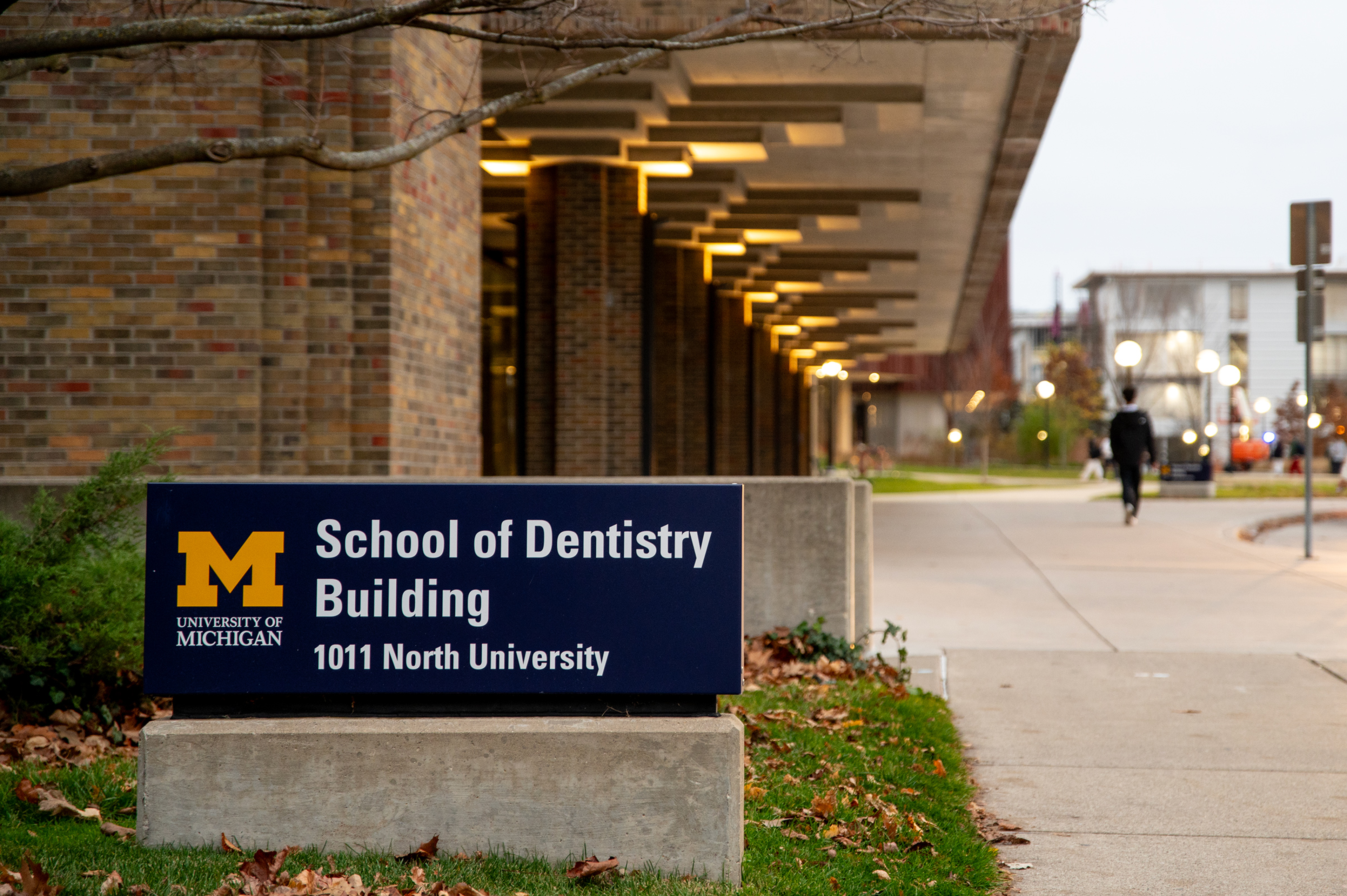
University of Michigan School of Dentistry
- Program: Accelerated Online AS-MS in Dental Hygiene Pathway
- Location: Ann Arbor, Michigan
- Acceptance Rate: 6.6%
- Application Deadline: October 1
- Tuition:
- $5,045 (in-state)
- $15,737 (out-of-state)
The University of Michigan School of Dentistry offers an Accelerated Online AS-MS in Dental Hygiene Pathway, designed for licensed dental hygienists with an associate degree to efficiently obtain an advanced degree in dental hygiene. This program builds on the success of the school's E-Learning Degree Completion (BS) program, seamlessly integrating it into the Master's of Science in Dental Hygiene curriculum. The AS-MS pathway reduces the time required to complete both the BS and MS degrees from four years to three, maintaining the high standards of UM Dental Hygiene with expert faculty, a rigorous curriculum, and robust career preparation. Offered entirely online, the program supports working professionals, allowing them to continue clinical practice, manage personal responsibilities, and reside in their preferred community while achieving their educational aspirations.
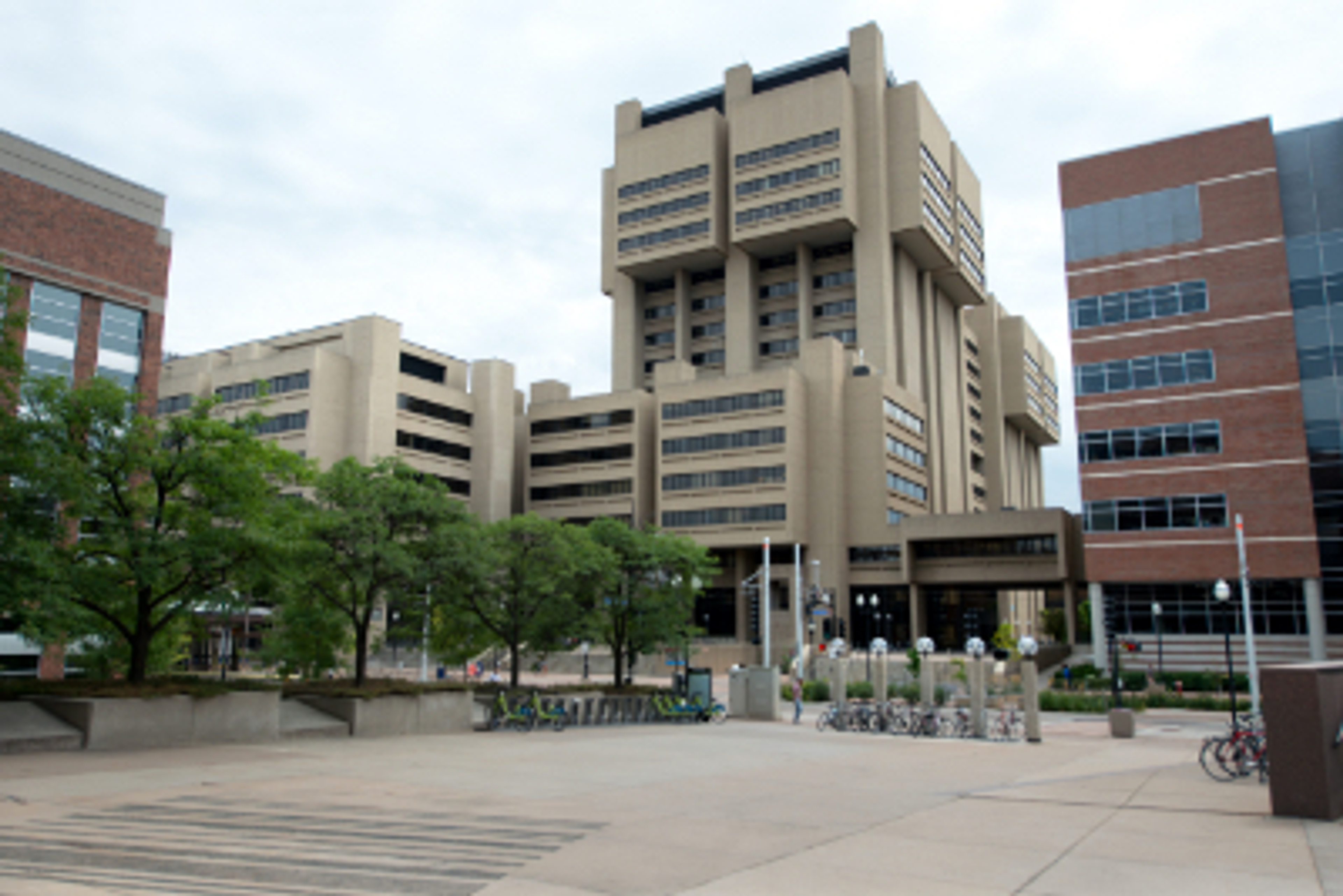
University of Minnesota School of Dentistry
- Program: Accelerated Dental Hygiene Program (B.S.)
- Location: Minneapolis, Minnesota
- Acceptance Rate: 9.4%
- Application Requirements:
- Prerequisite Courses
- Anatomy
- Biology (course must include a laboratory)
- Chemistry (course must include a laboratory)
- Composition
- Psychology
- Sociology
- Physiology
- Statistics
- Entrance Exam
- High School Course Preparation
- Admissions Criteria
- English Proficiency
- Diversity Statement
- Immunization Policy
- Prerequisite Courses
The University of Minnesota School of Dentistry offers an accelerated dental hygiene program that enables students to earn their Bachelor of Science degree in three years instead of the traditional four. This year-round program is designed for those eager to start their dental hygiene careers or further their education in graduate school. Recognized as one of the top programs in the country, it allows students to work with expert dental and dental hygiene faculty. Participants take courses, collaborate with dental students in clinical settings, and spend four weeks in an outreach clinic, where they treat patients, provide dental education, and promote dental careers.
Programs in the South
Accelerated dental hygiene programs are not limited to certain regions, as the South also offers a variety of options. Institutions like Texas Woman’s University and Concorde Career College have programs that cater to students in this region, providing them with the necessary skills and knowledge to excel in their dental hygiene careers.

Texas Woman’s University
- Program: Accelerated Bachelor of Science in Dental Hygiene/Master of Science in Health Studies
- Location: Denton, Texas
- Application Deadline: October 1
Texas Woman's University offers an Accelerated Bachelor of Science in Dental Hygiene/Master of Science in Health Studies program, providing exceptional undergraduate dental hygiene majors a streamlined pathway to earn a master's degree in health studies with an emphasis in dental hygiene. In this innovative program, students complete 6 semester credit hours of graduate coursework during their final undergraduate semester, which count towards both their B.S. in Dental Hygiene and M.S. in Health Studies degrees. This unique approach allows students to accelerate their education and advance their careers more quickly.
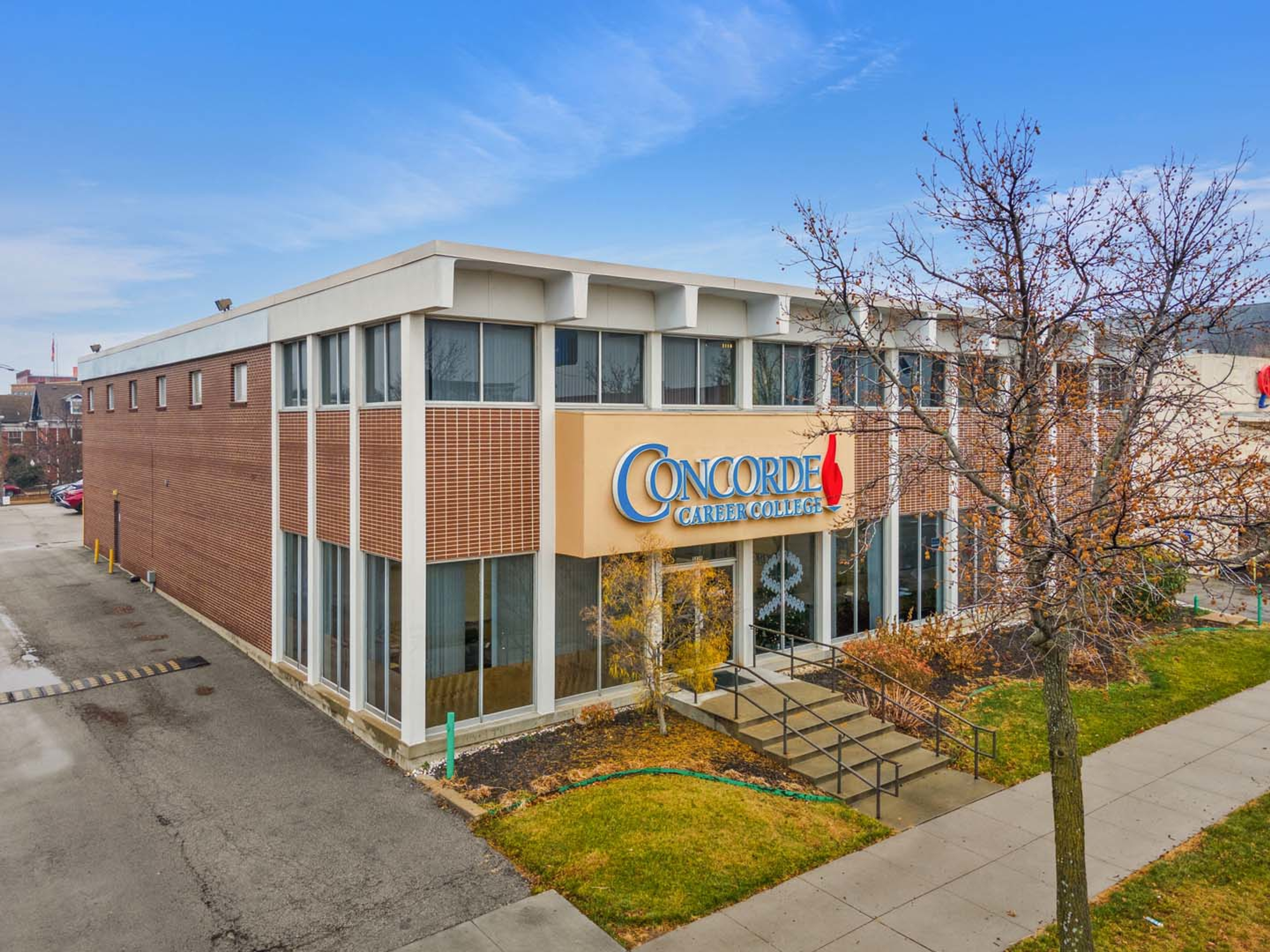
Concorde Career College
- Program: Bachelor of Science in Dental Hygiene
- Location:
- Dallas, Texas
- San Antonio, Texas
- Program Length: 17-22 months
Concorde's Accelerated Dental Hygiene Degree program transforms the typical 24-month degree into an expedited pathway, allowing students to earn their bachelor's degree in just 70 weeks for full-time students and 100 weeks for part-time students. This CODA-accredited program equips students with a robust foundation in science, professional knowledge, and clinical skills essential for promoting oral and overall health. Students gain vital career skills such as performing extraoral and intraoral exams, conducting periodontal and dental exams, reviewing patient histories, checking vital signs, and assessing risk factors, ensuring they are well-prepared to make a significant impact in the field of dental hygiene.
Programs in the West
Similarly, the West region of the United States has a number of accelerated dental hygiene programs for prospective students. Universities such as University of the Pacific – Arthur A. Dugoni School of Dentistry, Utah College of Dental Hygiene, and Idaho State University offer programs that prepare students for accelerated dental hygiene careers on the West Coast.
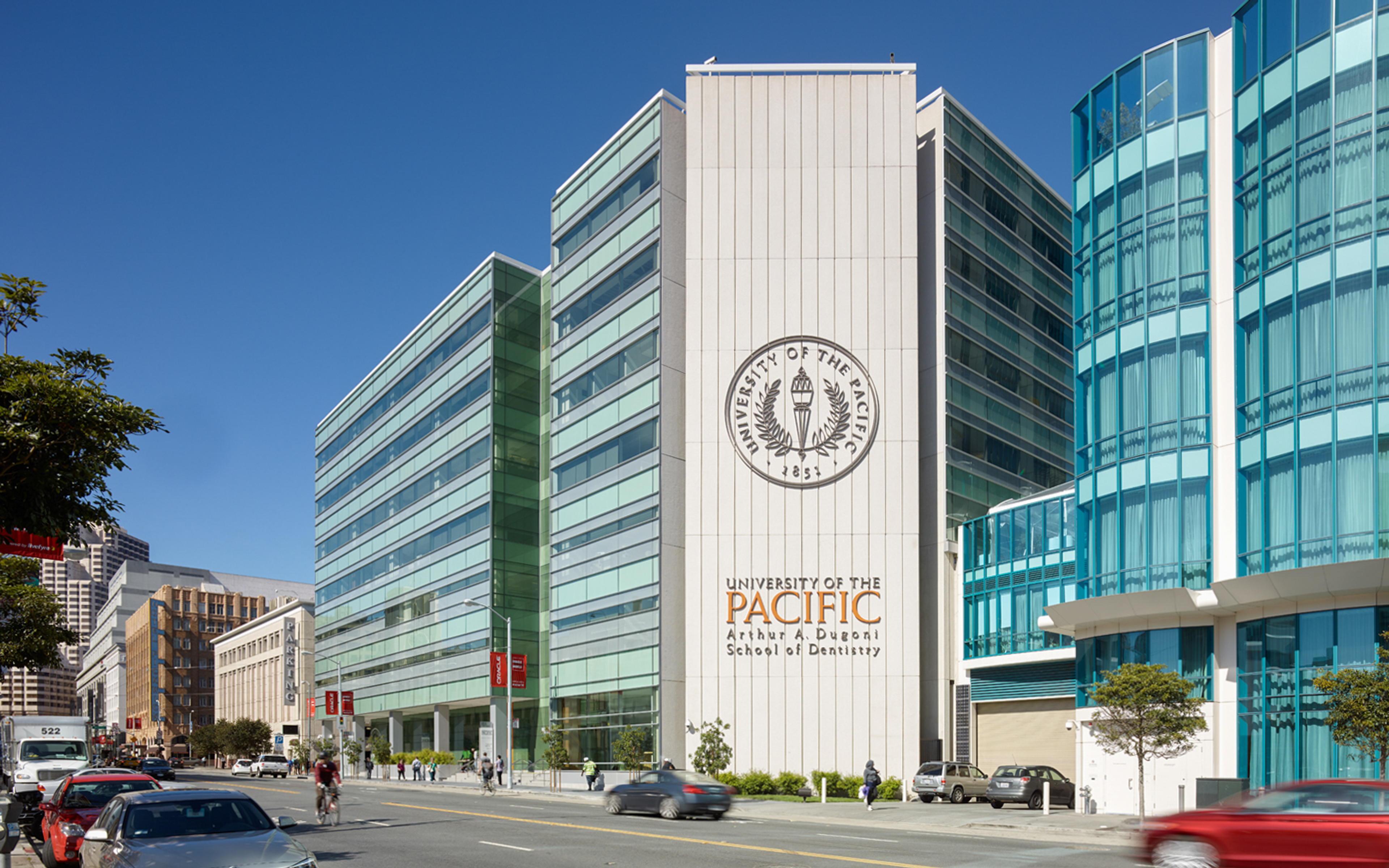
University of the Pacific – Arthur A. Dugoni School of Dentistry
- Program: Accelerated Bachelor of Science Degree in Dental Hygiene
- Location: San Francisco, California
- Acceptance Rate: 6.9%
- Application Deadline: January 15
- Application Requirements:
- Letters of recommendation (2)
- Official transcripts
- Essay
- Application form
- Standardized test scores
- Completed prerequisite coursework with a minimum 3.0 GPA
- Completed a minimum of 20 hours of shadowing with a dental hygienist
- Tuition: $54,506
The University of the Pacific, Arthur A. Dugoni School of Dentistry offers an accelerated Bachelor of Science Degree in Dental Hygiene for highly qualified students. This program not only prepares students for clinical practice but also opens doors to positions in teaching, research, administration, public health, private industry, and other areas of hygiene practice. Additionally, it allows graduates to apply for advanced degree programs. Admission to the Dental Hygiene program is competitive and merit-based, with first-year students needing a high school GPA of at least 3.0 and coursework in biology, chemistry, and other college-preparatory classes. The curriculum equips students with a comprehensive understanding of oral health and disease, enabling them to assess, plan, implement, and evaluate dental hygiene services for both individual patients and community oral health programs.
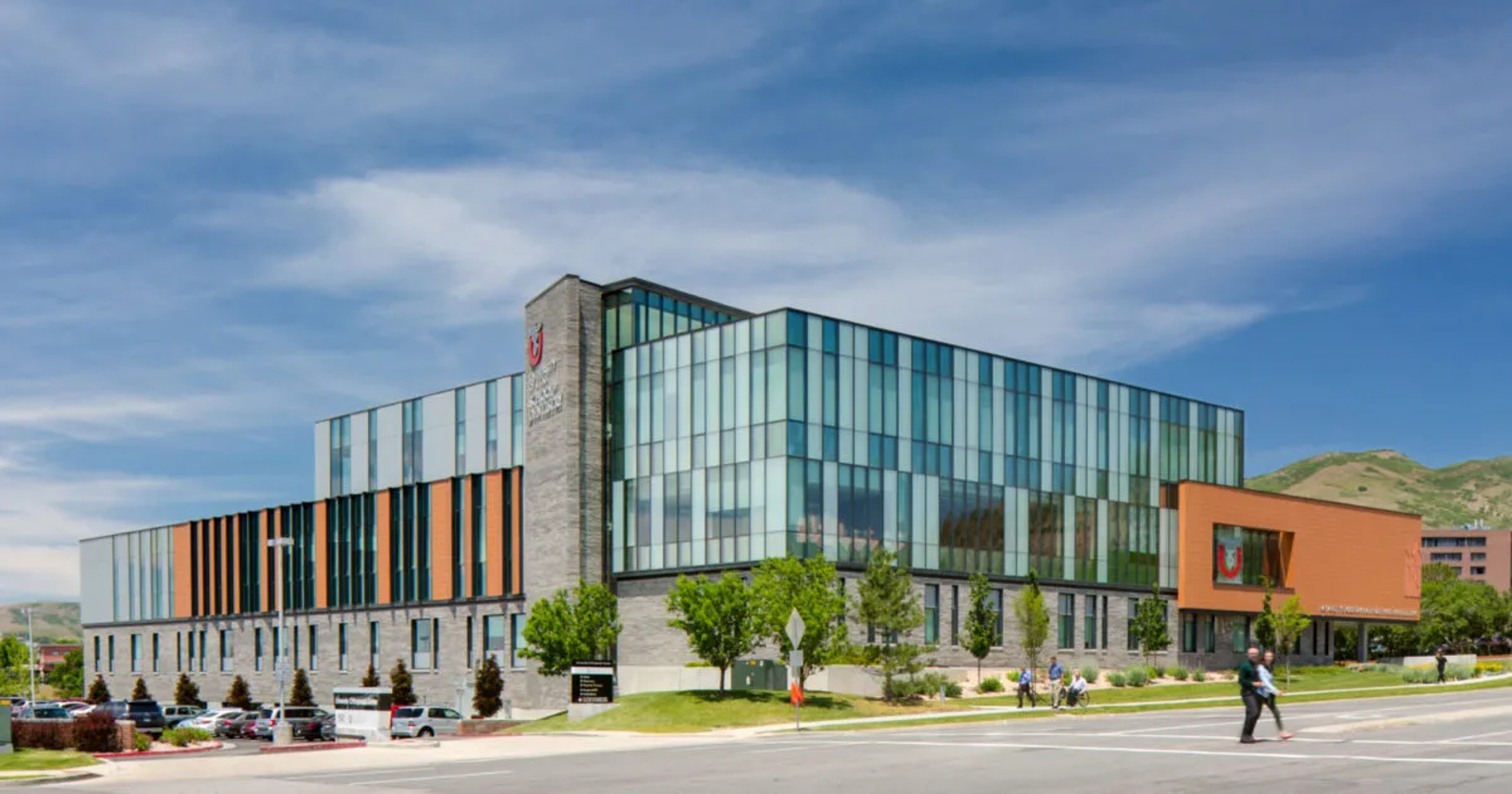
Utah College of Dental Hygiene
- Program: Accelerated Bachelor of Science Degree in Dental Hygiene
- Location: Orem, Utah
- Application Requirements:
- Emergency Contacts - Phone/Address
- Proof of ACT/SAT score
- Complete an essay question
- List prerequisite courses taken and at which college
- $50 non-refundable application fee
- Tuition:
- Academic year I: $21,805 (8 months)
- Academic year II: $21,805 (8 months)
- Academic year III: $11,837 (4 months)
The Utah College of Dental Hygiene (UCDH) offers an accelerated Bachelor of Science in Dental Hygiene (BSDH) degree that can be completed in just 20 months after fulfilling 33 credits of prerequisites. Accredited by the Commission on Dental Accreditation (CODA), this innovative program was implemented in 2008 and is designed to expedite students' entry into the dental hygiene field. Unlike traditional four-year programs, UCDH's accelerated format includes one full-time year of prerequisite coursework (33 credit hours) followed by less than two years (20 months, 89 credit hours) of focused dental hygiene training. With no application deadline, UCDH accepts applications until each class is full and maintains a list of alternates. Each cohort admits 60 students. Since its founding in 2005, UCDH has graduated over 875 students, with more than 95% working as registered dental hygienists (RDH) across the United States. This program allows students to quickly launch their careers in dental hygiene, benefiting from the college’s extensive experience and high standards.
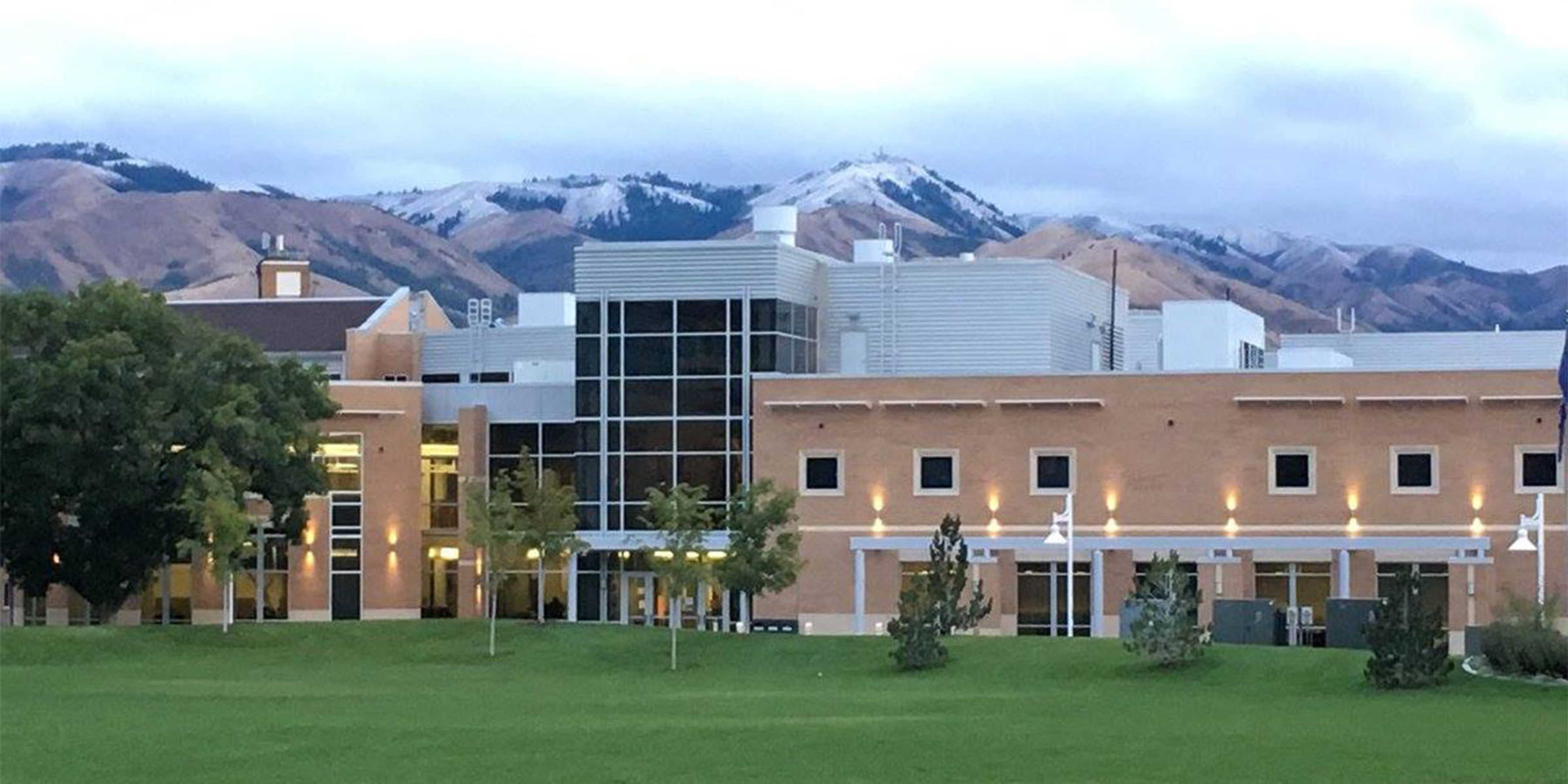
Idaho State University
- Program: AAS/AS Accelerated Pathway to MS
- Location: Pocatello, Idaho
- Application Deadline:
- April 1 (Summer & Fall)
- November 1 (Spring)
- Application Requirements:
- Transcripts
- Letters of recommendation
- Names and contact info of recommenders
- Test Scores (GRE, GMAT, MAT)
- $65 non-refundable application fee
Idaho State University offers an AAS/AS Accelerated Pathway to MS in Dental Hygiene. This program is designed for registered dental hygienists who have graduated from a Commission on Dental Accreditation (CODA) entry-level dental hygiene program and are licensed as Registered Dental Hygienists. The program is offered 100% online and provides an accelerated path to a Master of Science in Dental Hygiene (MSDH) by incorporating twelve dual credits that count towards both undergraduate and graduate coursework. Students must maintain good academic standing with the Department of Dental Hygiene and Idaho State University and have completed upper-division courses with a minimum 3.0 GPA. Additionally, outstanding bachelor degree dental hygiene students with a cumulative 3.5 GPA in their dental hygiene courses and senior standing can complete up to 12 graduate credits during the summer and final two semesters of their bachelor's degree program. These credits apply to both their undergraduate and graduate dental hygiene programs, facilitating a fast track to their advanced degree.
What are Some Ways to Finance Your Accelerated Dental Hygiene Program?
Tuition and Fees
While the cost of accelerated dental hygiene programs may vary, it's important for prospective students to consider tuition and fees. These programs can be an investment in your future, but it's crucial to understand the financial commitment involved. Researching and comparing the costs of different programs can help you make an informed decision.
Scholarships and Grants
There are various scholarships and grants available for students pursuing dental hygiene programs. These financial aid options can significantly reduce the financial burden of an accelerated program. Students are encouraged to explore scholarship opportunities offered by professional associations, foundations, and educational institutions.
Student Loans and Payment Plans
For students who may need additional financial assistance, student loans and payment plans are available. It's important to carefully consider the terms and conditions of student loans, including interest rates and repayment plans. Additionally, some institutions may offer payment plans that allow students to divide their tuition and fees into manageable installments.
Aspiring dental hygienists looking to enter the profession quickly can consider accelerated dental hygiene programs as a viable option. These programs offer a focused and intensive curriculum that prepares students for a successful career in dental hygiene. By understanding the benefits, potential challenges, key components, geographic distribution, and financing options, prospective students can make informed decisions and take a significant step towards achieving their professional goals.
The Bottom Line
Accelerated dental hygiene programs are a fast-track option for students who want to enter the dental field quickly without sacrificing the quality of their education. Designed for those who have already completed general education courses or hold a related degree, these programs compress traditional dental hygiene coursework into a shorter timeframe, often 12 to 24 months. Students receive both classroom instruction and hands-on clinical training in key areas like dental anatomy, radiology, and preventive care. While the pace can be intense and requires strong time management, the outcome is a quicker path to licensure and employment. Available across various regions in the U.S., these programs range from associate to bachelor’s and even master’s degree options. With financial aid, scholarships, and flexible payment plans often available, accelerated dental hygiene programs are a practical choice for motivated individuals seeking to start or shift their careers efficiently.
Read these next:
- What Do You Learn in Dental School?
- DMD vs. DDS: What's the Difference and Which is Better?
- Dental School Interview Guide
- How to Write a Powerful Dental School Letter of Intent
- Dental School Vs. Medical School: Which One is Right For You
- How to Become a Dentist: Application, Degree Programs, FAQs
- How Many Shadowing Hours for Dental School? The Ultimate Guide
Frequently Asked Questions
What is the fastest you can become a dental hygienist?
- The fastest route to becoming a dental hygienist typically involves completing an accelerated Associate of Applied Science (AAS) or Associate of Science (AS) degree program, which can take as little as 15 to 18 months, depending on the program and school.
What degree is best for a dental hygienist?
- An associate degree is a prerequisite to become a licensed dental hygienist. Earning an associate degree in dental hygiene, which usually takes 2-3 years, is a common path. These programs cover dental science and essential technical skills for dental hygiene.
What is the highest paid dental hygienist?
- According to the US News, the best-paying cities for dental hygienists are Santa Maria, California ($131,200), San Francisco, California, ($123,330), San Jose, California ($122,370), Santa Rosa, California ($119,730), and Seattle, Washington ($117,350).
Browse hundreds of expert coaches
Leland coaches have helped thousands of people achieve their goals. A dedicated mentor can make all the difference.


